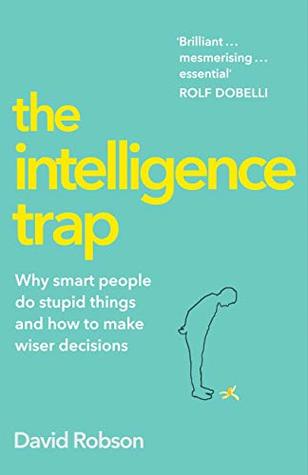You can: Space out your studies, using shorter chunks distributed over days and weeks. Like the postmen in Baddeley’s initial experiment, your progress may feel slow compared with the initial head-start offered by more intensive study. But by forcing yourself to recall the material after the delay between each session, you will strengthen the memory trace and long-term recall. Beware of fluent material. As discussed previously, superficially simple textbooks can lead you to believe that you are learning well, while, in fact, they are reducing your long-term recall. So try to study more
You can: Space out your studies, using shorter chunks distributed over days and weeks. Like the postmen in Baddeley’s initial experiment, your progress may feel slow compared with the initial head-start offered by more intensive study. But by forcing yourself to recall the material after the delay between each session, you will strengthen the memory trace and long-term recall. Beware of fluent material. As discussed previously, superficially simple textbooks can lead you to believe that you are learning well, while, in fact, they are reducing your long-term recall. So try to study more nuanced material that will require deeper thinking, even if it is initially confusing. Give yourself a pre-test. As soon as you begin exploring a topic, force yourself to explain as much as you already know. Even if your initial understanding is abysmally wrong, experiments show that this prepares the mind for deeper learning and better memory overall, as you correct for your errors in your subsequent studies. Vary your environment. If you tend to study in the same place for too long, cues from that environment become associated with the material, meaning that they can act as non-conscious prompts. By ensuring that you alter the places of learning, you avoid becoming too reliant on those cues – and like other desirable difficulties, this reduces your immediate performance but boosts your long-term memory. In one experiment, simply switching rooms during studying resulted in 21 per cent bet...
...more
This highlight has been truncated due to consecutive passage length restrictions.


